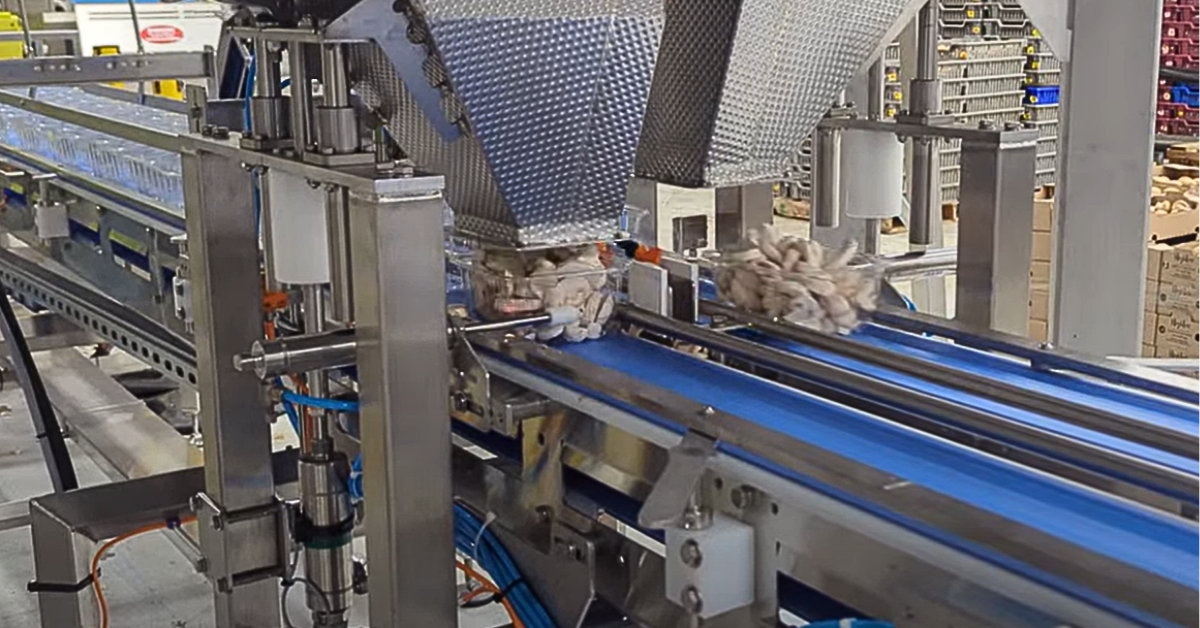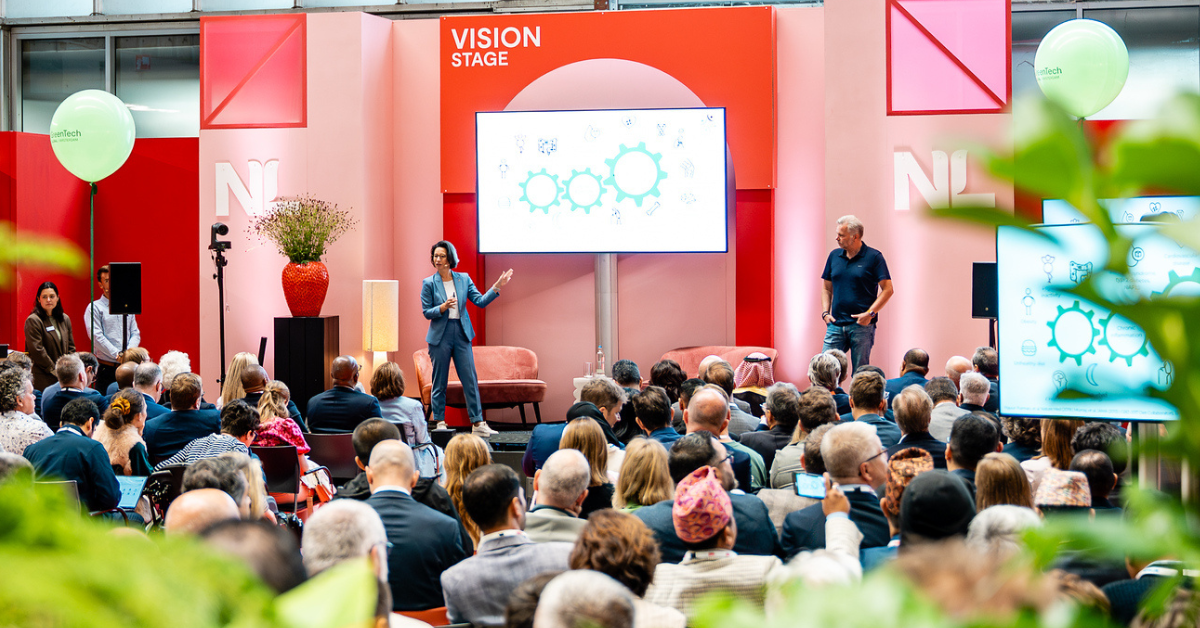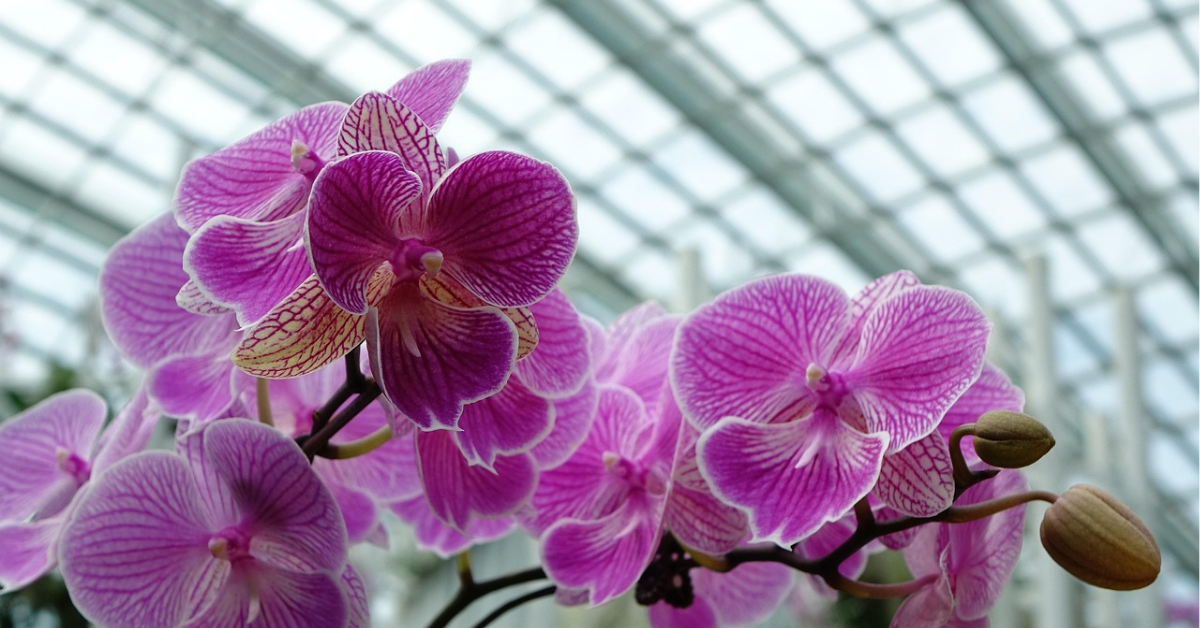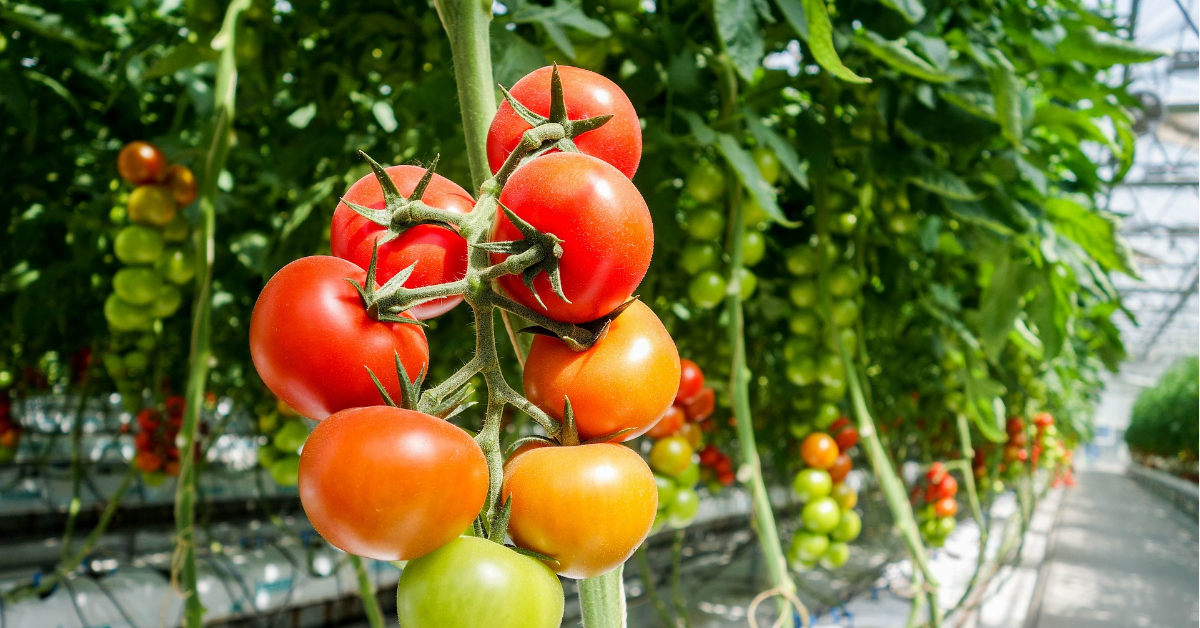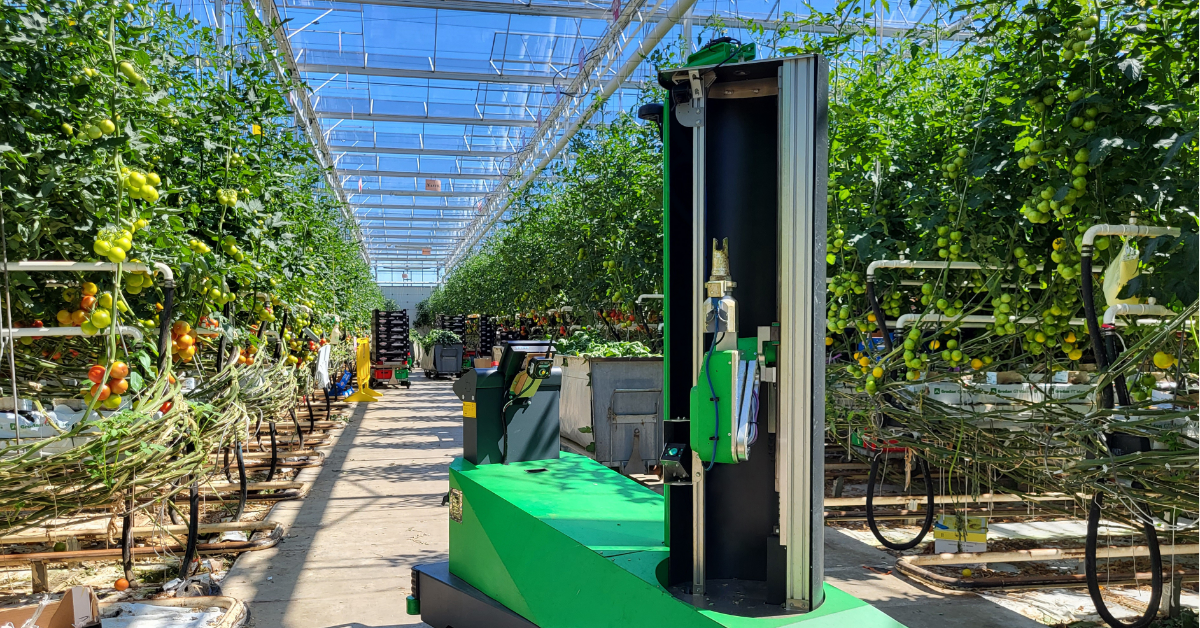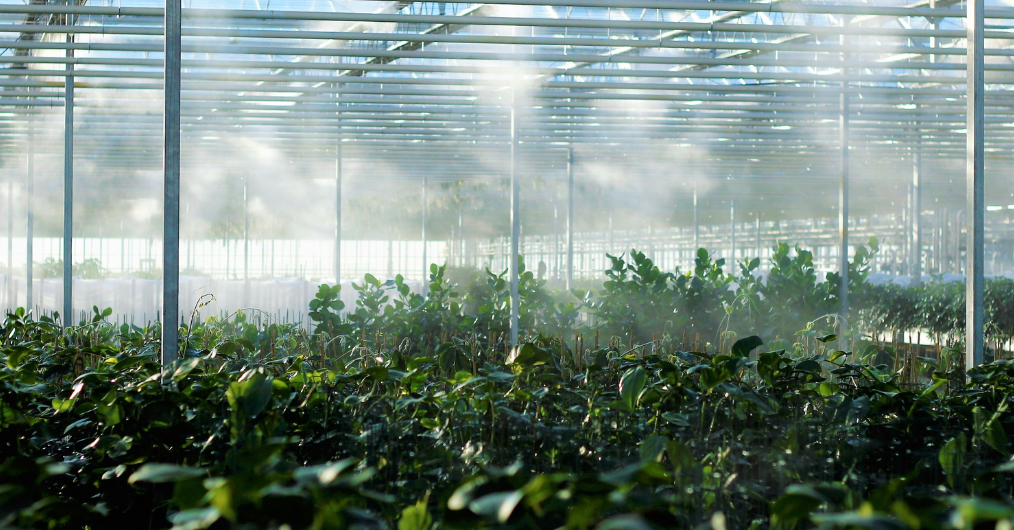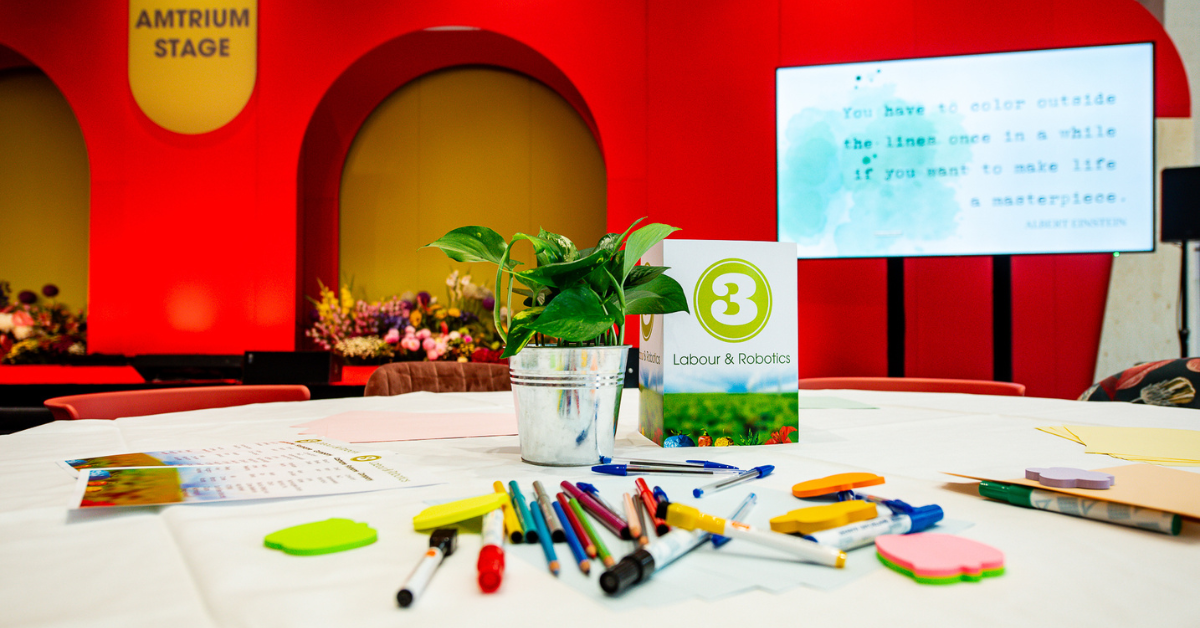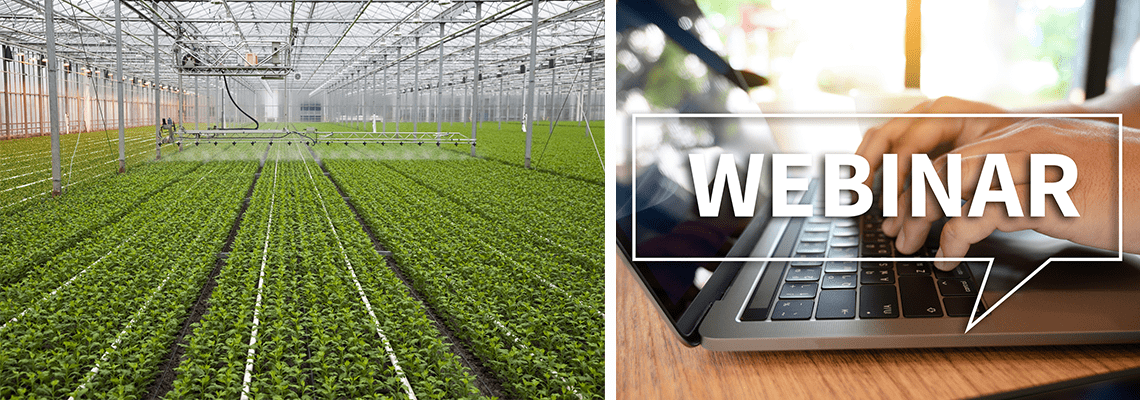Where the coronavirus brought a large part of the world to a halt, international horticulture did not stop in recent months. Although growers were also affected economically, most developments and innovations kept going. In some cases, the pandemic even accelerates innovations, as was shown last week during three webinars organised by GreenTech.

No pavilions, no crowded floors, and no exchange of business cards. The second week of June looked completely different for GreenTech compared to other years. But at the same time, it became clear that GreenTech has grown into more than just a trade fair. With a mature online community, many thousands of entrepreneurs from all over the world are reached every day. Sharing digital knowledge has become an indispensable element of GreenTech. And so GreenTech also showed its great value within the horti industry without a physical event last week. Three webinars about autonomous cultivation, indoor and vertical farming, and medicinal cannabis attracted and informed more than 2,500 interested professionals from over 110 countries.
Cannabis sales have risen sharply
“There are opportunities in the field of medicinal cannabis applications and product diversification.”
The topics of the webinars were not chosen randomly. Autonomous cultivation, indoor and vertical farming, and medicinal cannabis would already have been an essential part of the trade fair in RAI Amsterdam. They are perhaps the most promising themes now in international horticulture. But what effect does COVID-19 have on these developments? Let’s take a look at medicinal cannabis, a cultivation that has already made enormous strides in many parts of the world but is still relatively small in Europe. According to companies and entrepreneurs active in this business, cannabis sales have risen sharply in recent months. The introduction of pick-up and delivery services kept the product available to consumers, allowing cultivation to continue at full speed. “There are opportunities in the field of medicinal applications and product diversification”, says Laust Dam of the Canadian producer and wholesaler Medisun Inc. New legislation is needed in many countries to further grow the cannabis market and thus the production. Europe in particular still has steps to take, but countries such as Mexico and Brazil also have a lot of potential.
New and faster breeding technology
“By controlling your growing climate, you can avoid mistakes in production and substrates can help growers to increase the efficient use of water. Besides that, genetics isan important missing link in the cannabis industry right now.”
“In the field of cultivation techniques, too, development has not stopped”, says cannabis consultant Sonny Moerenhout. The application of the correct plant nutrition and biological crop protection, the implementation of climate control, and the use of an optimal light spectrum will have a major impact on the industry, as will the breeding of cannabis varieties. “By controlling your growing climate, you can avoid mistakes in production and substrates can help growers to increase the efficient use of water. Besides that, genetics isan important missing link in the cannabis industry right now”, Moerenhout says. Plant geneticist Ying Shao, founder of Plantik, says that her company focuses on a whole new breeding technology that allows you to create stable cannabis genetics faster. Commercial varieties could, therefore, be introduced within eight to eighteen months, compared to eight to twelve years now. In addition, Plantik is working on reliable resistances against diseases and varieties that are suitable for different climates and light regimes. So there are plenty of challenges and opportunities that have become even more urgent due to a growing demand for cannabis.
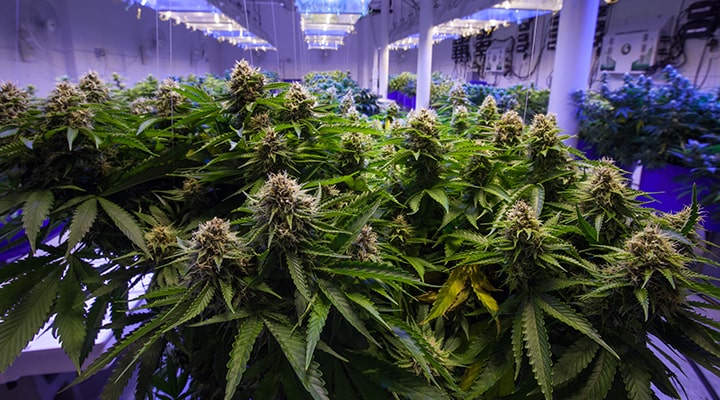
Vertical farming can provide answers
“
In all parts of the world COVID-19 is a wake-up call for us. It’s getting clear that we should have a plan B in international agriculture and horticulture in addition to a plan A.”
It is comparable to the current attention for indoor and vertical farming. COVID-19 puts issues such as food safety, food waste, movement of goods and people and the availability of employees even higher on the agenda. Themes that vertical farming can provide answers to, was one of the conclusions during the webinar on this topic. All over the world, horticulture has been hit quite hard and food waste has increased. When growing leafy greens, herbs and micro greens in closed facilities, product can be delivered all year round, fewer food miles are needed, you are less affected by climate influences, you are less dependent on imports and fewer people are needed. Production can also be very targeted per location or region based on demand, so that waste of products is minimised. Henry Gordon-Smith, CEO of Agritecture and moderator during the webinar: "In all parts of the world COVID-19 is a wake-up call for us. It’s getting clear that we should have a plan B in international agriculture and horticulture in addition to a plan A." All speakers during the webinar believe controlled environment agriculture and vertical farming can be part of that so called plan B. "This won’t be the only shock that our food system will face. So, how can we learn from this situation to better prepare ourselves for the future?", says Lauren Baker of the Global Alliance for the Future of Food. In the past months, the value of local vertical farms has been reaffirmed. Companies were able to deliver their products quickly and easily to consumers or people could use a so-called pick-up point. And because relatively few people are needed at the production sites, there was no shortage of workers due to the corona measures.
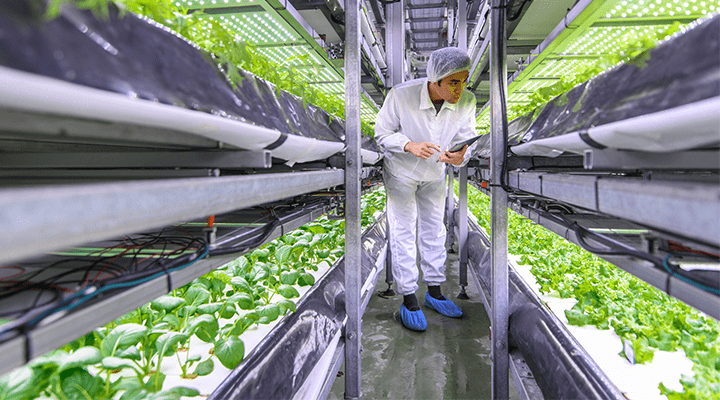
Artificial intelligence and algorithms
When it comes to the deployment of people and the availability of knowledge, autonomous cultivation will also play an important role in the coming years. During the first GreenTech webinar, the winners of the second Autonomous Greenhouse Challenge were announced. It is an initiative of Wageningen University & Research (WUR) and Tencent. According to the organisers, the participants of that challenge formed the 'Premier League of horti science' and indeed, the results did not lie. Five selected teams had to produce a cherry tomato crop remotely during the first half-year of 2020. With as little input as possible in water, nutrients, energy, and CO2 and with maximum production and fruit quality, they had to optimize the net profit. Each team had a compartment of 96 m2 available in the high-tech greenhouses of WUR in Bleiswijk, the Netherlands. The teams made their own artificial intelligence (AI) algorithms and used them to determine the set points for temperature, amount of natural and artificial light, heating, CO2 concentration, fertigation, and a number of cultivation-related parameters such as plant and stem density and fruit pruning.
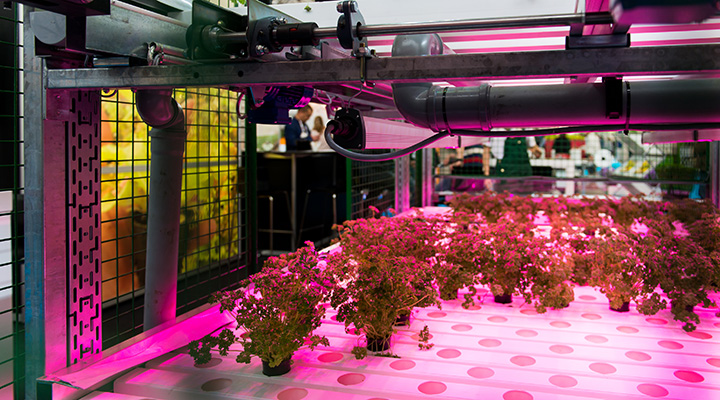
The results were astonishing. All teams that used artificial intelligence (AI) outperformed the reference growers. With team AuTomatoes, a team consisting of employees, researchers, and students from Van der Hoeven Horticultural Projects, Hoogendoorn Growth Management, Keygene, and TU Delft, as the final winner. AuTomatoes achieved the highest net profit, namely € 6.86 per m2. But they also scored best in terms of sustainability using the lowest amount of energy and water, however with an average CO2 consumption. Because the jury also rated their AI strategy as the best, they achieved the maximum number of points in the competition, namely 50.
“AI is a true game-changer. It opens a new world of opportunities for food production worldwide”, says David Wallerstein, CXO ofTencent. "All teams have decisively demonstrated the value of AI and they have raised the bar compared to last year’s challenge." Besides that, AI proved itself during a pandemic. "There is no going back, we will keep on developing these technologies in horticulture."
Relevant platform for horticulture
“And due to the strong use of online tools, physical encounters will become even more valuable. So, we will do everything we can to ensure that GreenTech as a platform for horticultural developments and innovations will remains as relevant as possible for the international industry.”
We have every reason to look forward to GreenTech in October this year and June next year. After all, we will be several months further by then, so there will also be updates to these themes and innovations. However, GreenTech will not wait until those events and will keep in touch with the sector through online content and webinars. Mariska Dreschler, director of Horticulture for GreenTech Amsterdam: “And due to the strong use of online tools, physical encounters will become even more valuable. So, we will do everything we can to ensure that GreenTech as a platform for horticultural developments and innovations will remains as relevant as possible for the international industry.”
